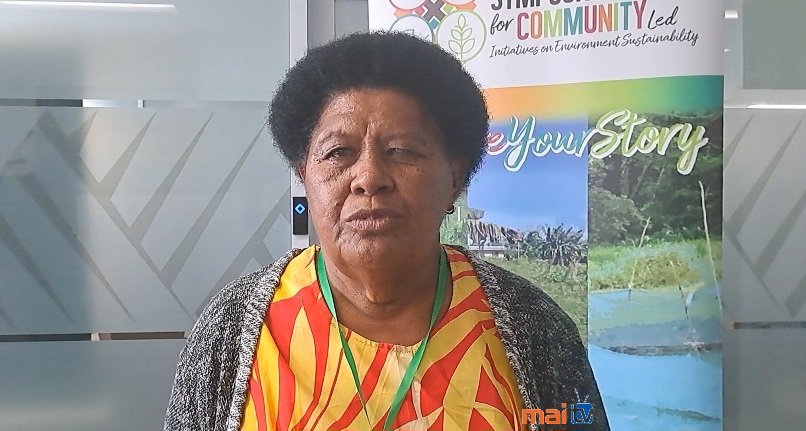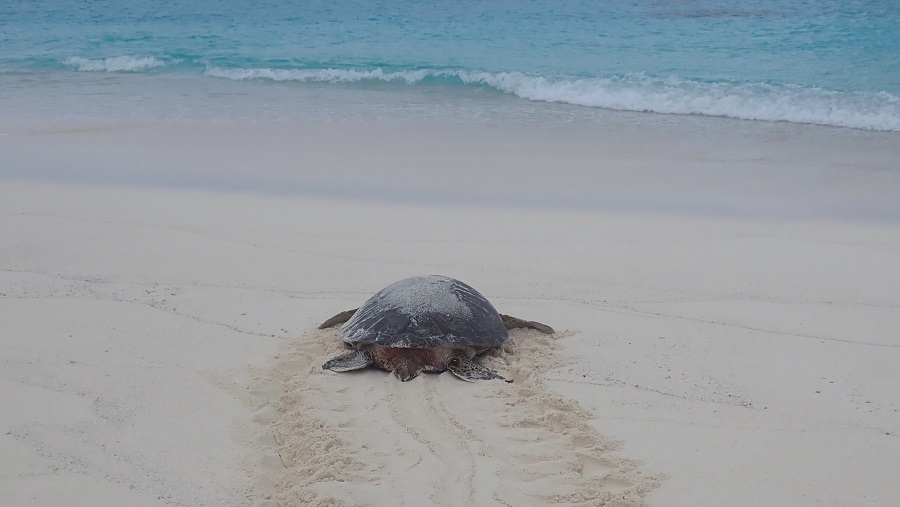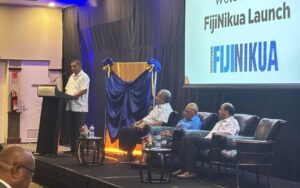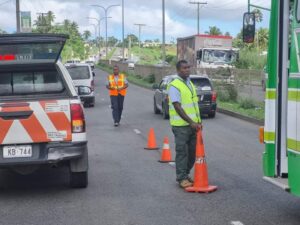In Udu Point, at the northern tip of Vanua Levu, Fiji’s second-largest island, the Veilomani Women’s Club, led by 66-year-old Paulini Raumana, is working to protect sea turtles and enhance local food security.
Raumana, the Mata ni Marama ni Tikina of Udu, leads a UNDP Small Grants Programme (SGP)-supported project in Nabouono Village. This community-driven initiative, launched last month, focuses on cattle farming as a sustainable alternative to sea turtle meat, traditionally used in ceremonies. The project aims to reduce sea turtle harvesting by offering local communities alternative protein sources.
Reflecting on the project’s significance, Raumana said the people of Udu recognise the impact of sea turtle harvesting on its dwindling population, but due to the remote location of the villages and limited food resources, “the sea turtle harvest continues, especially during community gatherings.”

Through its first disbursement at the end of August, the club acquired nine cows—one male and eight bulls—for cattle farming, along with animal husbandry training and fencing grazing areas. Last week, the club received six more cows.
“Sea turtles have always been a form of food security for many of our more remote communities,” Raumana added. “The objective of this project is to provide an alternative source of protein so our people can reduce their dependence on sea turtles.”
The initiative involves five villages—Nukusa, Cawaro, Nabouono, Nukudamu, and Vunikodo—under the District of Udu in the province of Macuata. It is also designed to benefit neighbouring villages within the Tawake district, which also rely on marine resources.
The move to find an alternative food source follows a decision made by clan leaders at their 2021 Bose Vanua to reduce their harvesting of sea turtles, even though the law allows some flexibility under the Offshore Fisheries Management Act and the Endangered and Protected Species Act. The leaders recognised that, as custodians of a section of the Great Sea Reef, they need to be responsible stewards.
Despite the challenges of remote living, the community has shown strong support for the project. The transportation of cattle from Labasa to Udu involved a collective effort from community members, with transport by both land and sea. The Ministry of Agriculture also reviewed the grazing area, finding it suitable due to the quality of grass and access to water sources.
“We’ve done cattle farming before, and it worked well,” Raumana noted. “Now, we’re doing it again to ensure that our people have food security without relying on sea turtles.”
While the project is still in its early stages, Raumana remains optimistic about its impact. “We are confident that this initiative will protect our sea turtles and provide food security for our future generations.”
In addition to cattle farming, the women have also been provided training in beekeeping as another alternative source of income. The women of the Veilomani Women’s Club will also lead the beekeeping initiative, having set up hives under a previous government project.
According to WWF Pacific, the Great Sea Reef is one of four priority seascapes identified by the Fijian government, and around 80% of the fish feeding the greater Suva population comes from these waters.
Raumana is currently in Suva attending a three-day workshop on community-led sustainable initiatives. The workshop concludes tomorrow.









